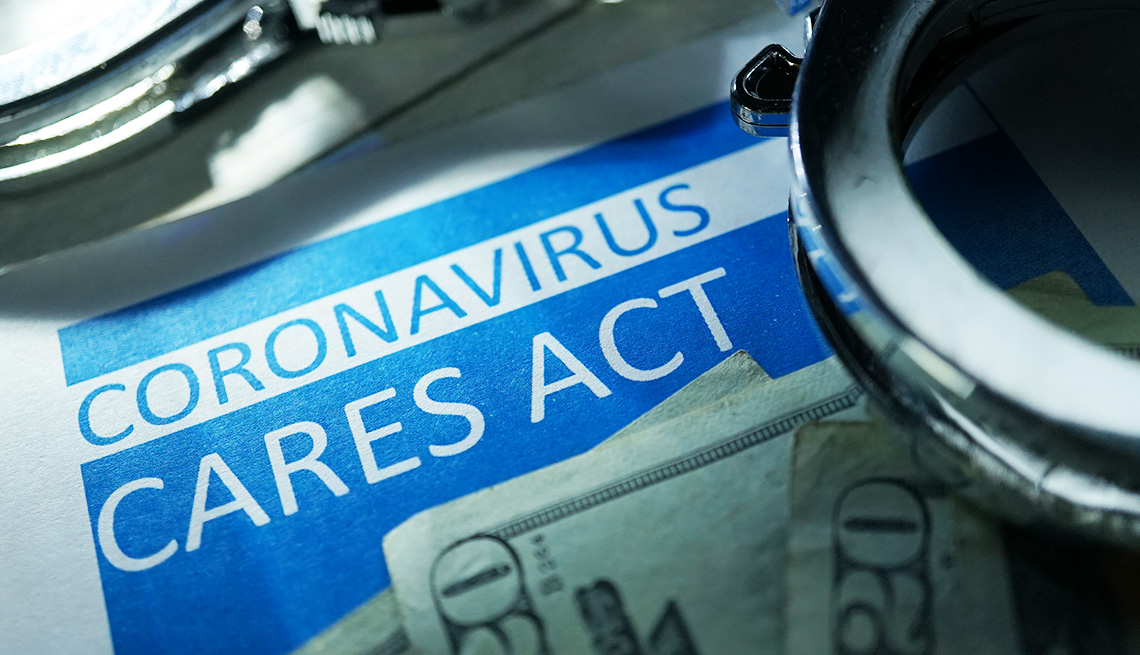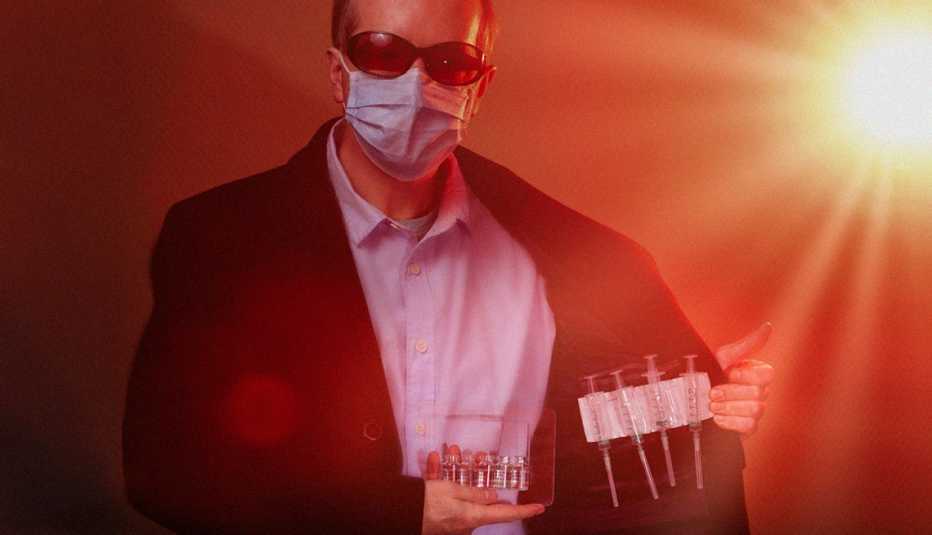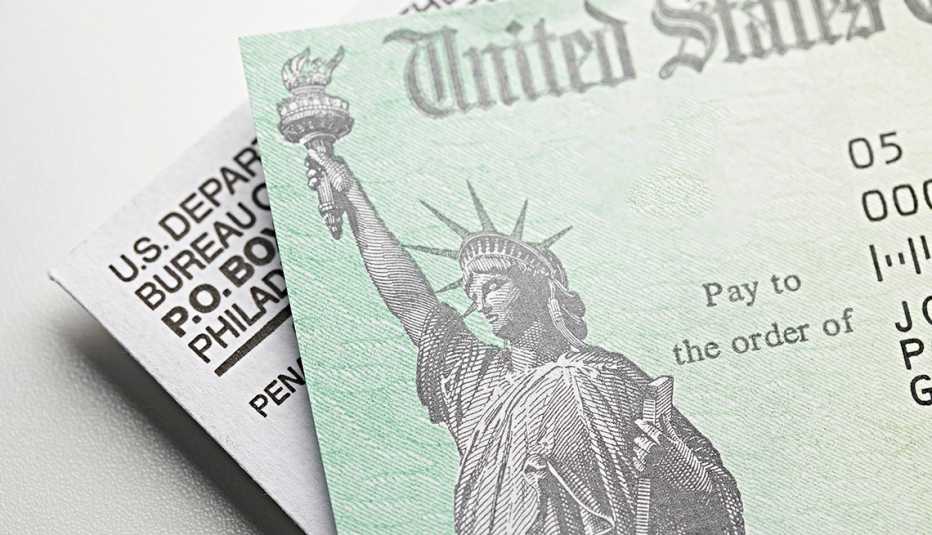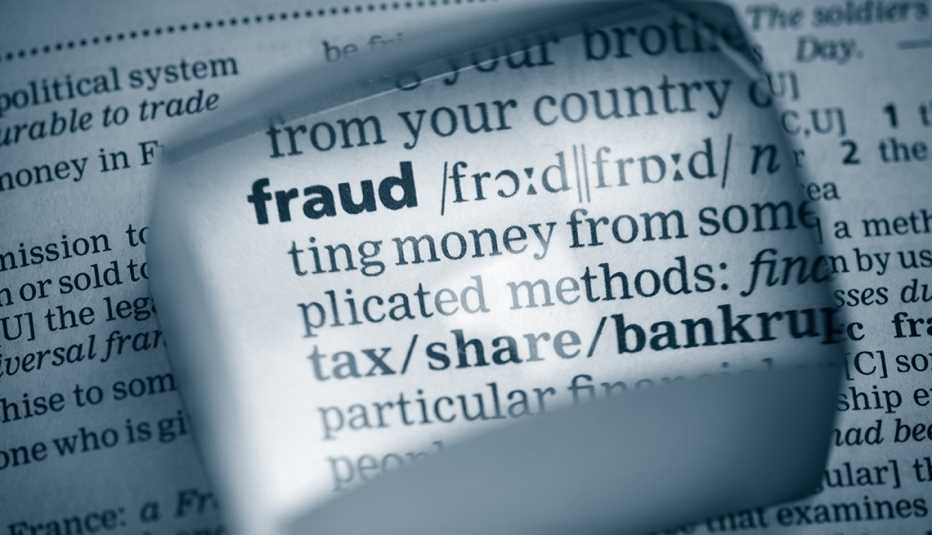AARP Hearing Center
Bad actors blamed for COVID-19-related frauds tried to collect more than $569 million from the federal government and unsuspecting citizens in the year past, according to a Department of Justice summary that was released Friday and recaps some of the most notorious cases.
Here are excerpts from what the department called a “historic” effort to detect and disrupt fraud tied to COVID:
- Industrial bleach was sold as a COVID-19 treatment. So were ozone gas, vitamin supplements and colloidal silver ointments.
- Fraud involving unemployment compensation benefits was rampant, with applications even filed in the names of prison inmates. A Virginia woman, 28, pleaded guilty March 18 after filing claims for at least 37 people — including 15 inmates — causing a loss of nearly a half-million federal dollars.
- Plenty of people allegedly cheated the federal Paycheck Protection Program out of many millions of dollars. The funds were intended to keep small businesses afloat and pay their workers, but defendants instead spent their ill-gotten millions buying jewelry, luxury vehicles, real estate and securities, to name some illicit purchases.
Huge COVID caseload

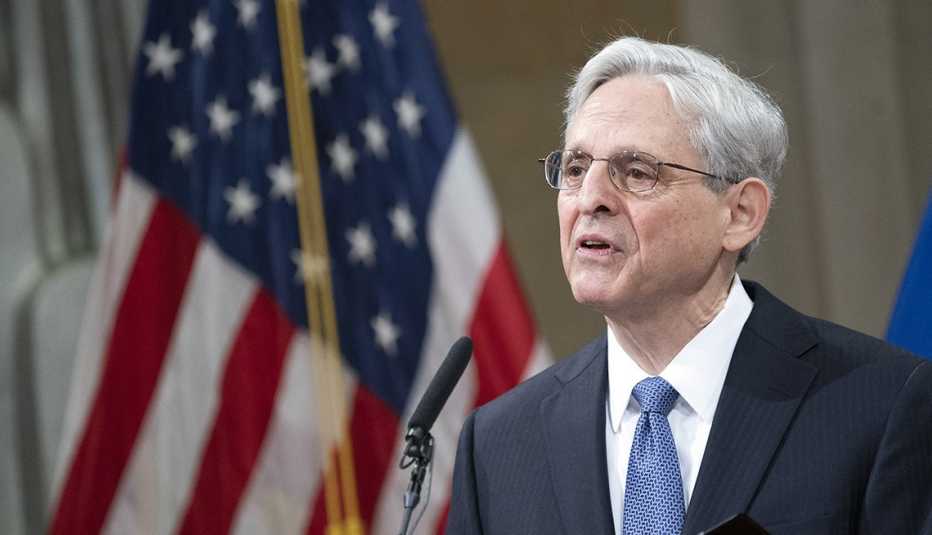
By the numbers: The Department of Justice filed criminal cases against 474 people charged with COVID-19-related frauds; hundreds of fraudulent websites facilitating consumer scams were shut down; and scores of actions were taken to “disrupt financial networks supporting such scams.” Among the ongoing efforts by the department and its partners are preventing and deterring vaccine-related fraud.
"The Department of Justice has led an historic enforcement initiative to detect and disrupt COVID-19 related fraud schemes,” Attorney General Merrick B. Garland said in a statement. “The impact of the department's work to date sends a clear and unmistakable message to those who would exploit a national emergency to steal taxpayer-funded resources from vulnerable individuals and small businesses. We are committed to protecting the American people and the integrity of the critical lifelines provided for them by Congress, and we will continue to respond to this challenge."
Know how to prevent, report fraud
- To protect yourself from pandemic-related frauds, take a look at these tips.
- To learn more about the Department of Justice COVID-19 response, visit these web pages.
- To report a COVID-related fraud or suspicious activity, contact the National Center for Disaster Fraud Hotline at 866-720-5721 or file an online complaint.
Katherine Skiba covers scams and fraud for AARP. Previously she was a reporter with the Chicago Tribune, U.S. News & World Report, and the Milwaukee Journal Sentinel. She was a recipient of Harvard University's Nieman Fellowship and is the author of the book, Sister in the Band of Brothers: Embedded with the 101st Airborne in Iraq.































































